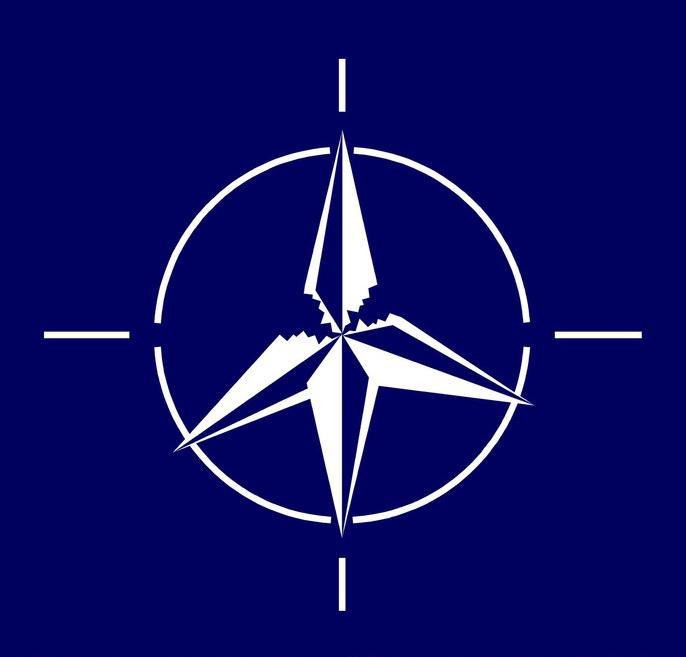Patrik Fridén
Daily Stormer
June 5, 2016
Pacifism strikes the Zio-Empire!
Yes, it sounds odd. But basically, Western pacifism and weak liberal democracy has paved the way for a malnourished and operatively ineffective NATO. At least in the East around Russia’s borders.
We might have to thank those stinking hippies that brought everything else down – at least they brought down the ZOG war machine down with it!
The RAND corporation has released results of simulations showing that the decades of budget cuts on Western military forces now put NATO in an awkward position if they actually face Russian ground forces, where they would not be able to mount defenses for any substantial amount of time should the Kremlin choose to invade the Baltic countries.
Of course such a scenario is the typical war-mongering propaganda to confuse the standard goy and make them fight each other; nonetheless the results of the simulations are making the Jew sweat.
And that, of course, is good.
Several weeks ago, the California-based game theorists released another study that received a fair amount of attention. Financed by the Pentagon, they created a series of simulations for a hypothetical Russian invasion of the two Baltic states of Estonia and Latvia.
“The outcome was, bluntly, a disaster for NATO,” the RAND researchers wrote in their report. In each simulation, the Russians were able to either circumvent the outnumbered NATO units, or even worse, destroy them. Between 36 and 60 hours after the beginning of hostilities, Russian troops stood before the gates of Riga or Tallinn — or both.
The RAND simulation triggered heated debate. In an article headlined “How I Learned to Stop Worrying and Love NATO’s Crushing Defeat by Russia,” American military expert Michael Kofman questioned strategic parameters used in the simulations. “No one can intelligently articulate the benefits of such potential actions for the Russians,” he wrote.

But alas, Jewry intensifies in their attempts to topple the largest nation on Earth threatening their Agenda. Of course, it is good that they now encourage more military spending again.
That will keep the forces in good condition until the next European Führer arrives to command them.
At the NATO summit in Warsaw in early July, leaders of NATO member states will discard their policy of “trust” and recommit to a policy of “deterrence.” Just like before.
…
The Americans in particular are putting pressure on the Europeans to once again invest more significantly in their own defense. In March, US President Barack Obama complained about the European “free riders” who are profiting from American protection while refusing to take on their “fair share.”
Since then, numerous NATO states have announced that they intend to once again invest more money in defense. Fifteen of the 28 member states have increased their military spending, especially in countries on the NATO’s eastern flank that feel most threatened by Moscow. The Czech Republic raised its defense budget by 6 percent, Slovakia by 17 percent, the small state of Latvia by 16 percent and Poland by fully 22 percent.
…
According to an opinion poll conducted by the Bundeswehr, 51 percent of Germans are in favor of a larger defense budget and only 13 percent are opposed.
…
Every country is required to make a certain proportion of its armed forces available to the alliance: troops, aircraft, ships, land vehicles, personnel for NATO staffs.
…
The confidential figures show that not a single country has fulfilled the criteria, not even the United States, though they are far ahead, as are the United Kingdom, Denmark, Germany and Norway. Romania and Lithuania have not fulfilled a single requirement. Poland, whose defense budget looks very good when seen in relation to its economic output, only managed to fulfill two output categories in 2014.
Seeing as we have recently heard word from different prominent (((banking people))) concerning the issue that there is an economic crisis looming on the horizon, how will this beefing of the defense budget affect the economy in general?
If they want to spend more money on defense, they’ll need to save it somewhere else. If the economy isn’t going well, it becomes twice as difficult.
As such, public declarations have tended to go further than reality might allow. Rather than changing approach, it might be more accurate to speak of a “bottoming out,” a term stock brokers use to describe a stock that has hit rock bottom after a rapid tumble and, after catching its breath, has slowly begun to rise again.


